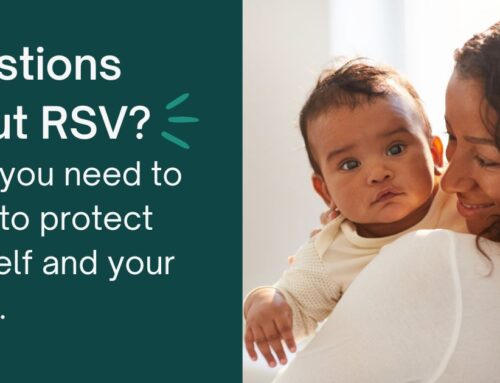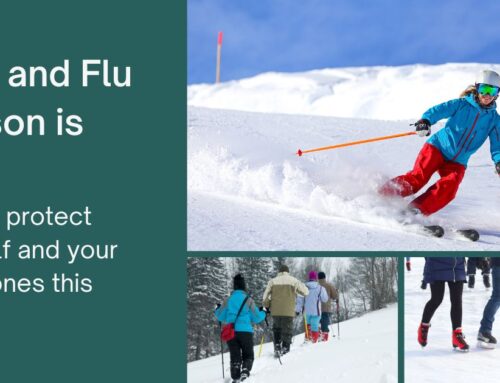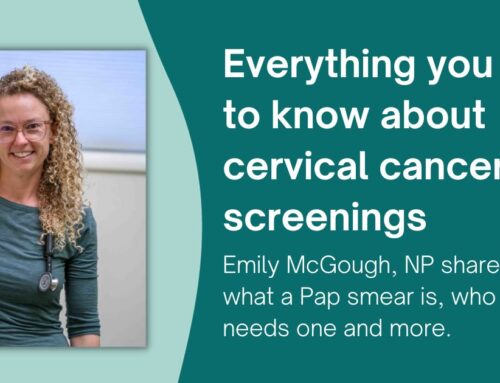FROM THE ARCHIVES:
Last month Colorado became the first state to allow the retail sale of marijuana for recreational use. According to the Telluride Medical Center, one trend that has accompanied the legalization is an increase in the number of patients seen locally for marijuana related complications.
The problem, according to Telluride Medical Center’s Chief of Medical Staff, Dr. Dan Hehir, seems to be associated with high dosage edible marijuana products.
Marijuana is not just sold in its natural, smokable state. It’s also made available as ingestible marijuana cookies, brownies, sodas, candies, gummy bears, pastries, olive oil, spaghetti sauce, tinctures, and more. Edibles generally have high doses of tetrahydrocannabinol (THC), the main active ingredient in marijuana.
“It’s important from a public health perspective to examine why this is and to educate the public on some pitfalls associated with using marijuana,” said Dr. Hehir.
Dr. Hehir has served in emergency departments for over 15 years. During those first ten years he doesn’t recall treating a single case of an adverse reaction to marijuana. This changed as medicinal marijuana use became more prevalent. Now, after the legalization of recreational marijuana, he’s noticing a dramatic increase in emergency visits related to the drug.
Dr. Hehir said the effects of ingesting THC, compared to smoking it, take much longer to manifest. “Often people keep ingesting only to realize too late that they took too much.”
Not unlike alcohol, you can get widely differing effects from marijuana depending on how it’s used and the dosage.
“Smoking marijuana gives the user a dose of roughly 5mg, although this depends greatly on the concentration of THC in the marijuana and how it’s smoked,” said Dr. Hehir. Colorado law limits the THC content in an edible to 100mg.
Eating just one 100mg edible would be like smoking 20 hits of marijuana, according to Dr. Hehir. He said this may be possible for a heavy user, but for many it’s enough to create problems.
“I’ve treated people in the emergency room who ate one cookie but didn’t feel anything so they reached for a second and a third. When it all finally kicked in they were in trouble.”
The majority of patients reporting marijuana related emergencies at the Telluride Medical Center have the same symptoms: severe nausea and vomiting, anxiety, elevated heart, respiratory and blood pressure rates.
The reaction resembles someone who is having a severe anxiety attack and often patients are worried they’re having a stroke or a heart attack. Some fear they are going to die. Dr. Hehir said treatment with anti-anxiety and anti-nausea medications can be very helpful.
Another problem that concerns Dr. Hehir is that THC in soda, candy, and cookies can be luring to children.
A recent study published by the journal JAMA Pediatrics reported a spike in the number of young children treated at Children’s Hospital Colorado for accidentally eating marijuana treats. The study found that in the two years after marijuana laws were liberalized in 2009, 14 kids were treated for accidental ingestion. In the four years before the change, the study found no children had been hospitalized for accidental ingestion.
“I’m worried we’ll see another substantial increase in these cases with the legalization of recreational marijuana,” said Hehir. He recommends never leaving marijuana, and especially tempting THC-containing edibles, in a place where a child could find them.
He also urges users of marijuana products to take note of dosages. “If you choose to consume marijuana, educate yourself on what an appropriate dose is for you and air on the side of caution.”
“No one uses marijuana with the intention of winding up in the Emergency Department,” said Dr. Hehir. With a bit of foresight and education he hopes negative reactions, and trips to the emergency room, can be avoided.







